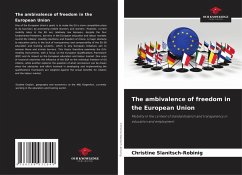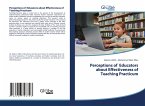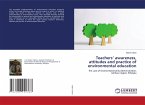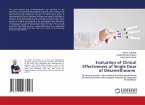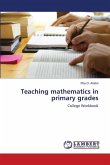One of the European Union's goals is to make the EU a more competitive place to do business by promoting mobile learners and workers. However, current mobility rates in the EU are relatively low because, despite the four fundamental freedoms, barriers in the European education and labour markets restrict EU citizens' mobility intentions and freedom of choice. A major obstacle to education policy is the lack of transparency and comparability of the EU-28 education and training systems, which is why European initiatives aim to remove these and similar barriers. This thesis therefore examines the EU's mobility instruments, with a focus on the European Qualifications Framework (EQF) and its impact on the European education and labour market. One area of research examines the influence of the EQF on the individual freedom of EU citizens, while another explores the question of what conclusions can be drawn when the obstacles and effort involved in developing and implementing the qualifications framework are weighed against the actual benefits for citizens and the labour market.
Bitte wählen Sie Ihr Anliegen aus.
Rechnungen
Retourenschein anfordern
Bestellstatus
Storno

